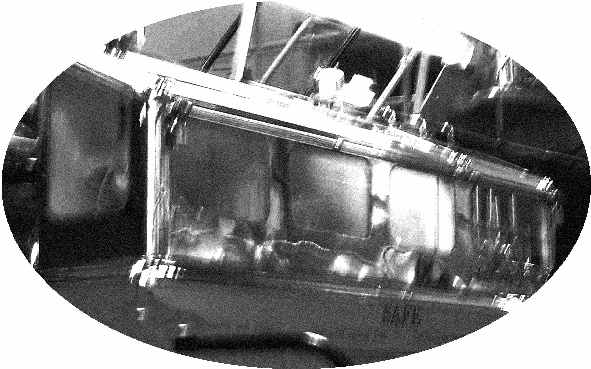
Hopefully over the last couple of posts I've made apparent some of the motivations one might have for drinking whisky, and just for the record, I didn't even mention how great it can taste!
But how does one go about drinking whisky? Everyone has their own preference: straight up or neat, with a pinch of water, soda water, on the rocks, with a mix, and on we go. What about the glass? Is it better with a sturdy whisky tumbler or somewhat more dainty sherry copita or other wine glass?
This is probably a good time for you to decide what your own motivations for drinking whisky are, because this will undoubtedly influence how you will ultimately drink it. For those who really want to appreciate the nose, palate, and finish of a good whisky, there are some practices that will help promote these aspects and give a greater appreciation of a given whisky's complexity. Each of the topics below will be discussed in greater detail in later posts, but let's start with the basics:
Water:
It makes up 71% of the world's surface, and up to roughly 80% of a human's body mass. It is also an important ingredient in whisky (go figure).
Most whiskies are bottled at somewhere between 40 and 50% alcohol by volume (abv). The rest is water. Why would you want to add more water?
To properly nose a whisky, it is generally agreed that the addition of water helps open up the spirit and release more subtle aromas. Many master distillers claim that diluting to 20% abv allows them to properly nose whiskies and determine if they are ready for blending and/or bottling.
What kind of water? Well, following the logic that you're trying to taste and nose the whisky for its own subtle flavours and aromas, it's better not to add flavoured water, soda water, tonic water, or chlorinated tap water. Most whisky-ites will tell you that soft or spring water is the best aqua to use. This will open up the whisky and limit the infiltration of outside flavours/aromas.
In general, I like to add some water to a whisky after nosing and tasting it neat (w/o water). In order to really get a sense of a particular bottle or expression, over the course of a few drams I will gradually reduce the amount of water added, starting from about 20-30% abv for the first dram or two, and reducing that to just a few drops or none at all over subsequent drams.
With cask strength whiskies weighing in at 60% abv and up, water will help take the edge off these brutes and appreciate their subtleties, but it's worth taking a few sips at cask strength to determine their smoothness at that alcohol level. You'd be surprised at how drinkable these heavy hitters can be!
In closing, addition of water to whisky seems to be a very personal thing, with opinions on the subject covering a wide spectrum. Experimentation is the key to finding your own particular preference of brands, expressions, and alcohol strengths.





